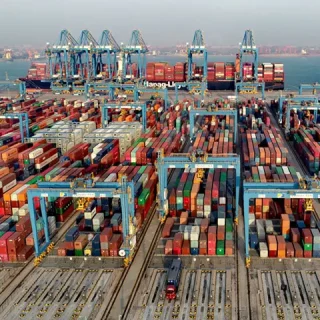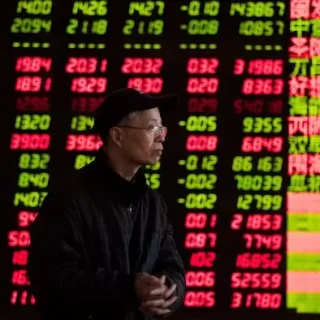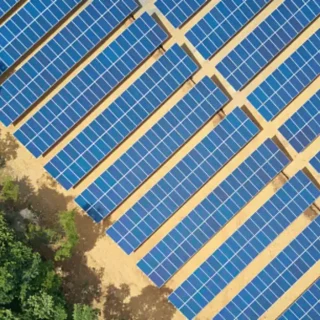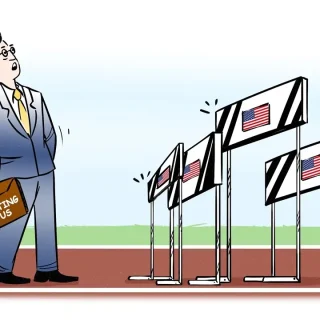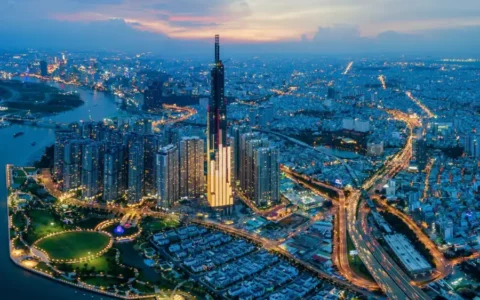Egypt’s announcement of a colossal $35 billion investment from the United Arab Emirates (UAE) has been hailed as a pivotal moment for the country’s beleaguered economy. This investment, primarily allocated to a construction project in Ras al-Hikma, is considered the largest in Egypt’s history and arrives at a time when the nation grapples with significant debt and a foreign currency shortage, leading to rampant inflation and rising living costs.
The first portion of this investment has already been deposited, a part of which was from funds the UAE held in Egypt’s central bank, with the remainder expected within two months. This infusion of funds has promptly bolstered Egypt’s financial standing and will aid in meeting conditions set by the International Monetary Fund (IMF) for a proposed multibillion-dollar bailout, aimed at stabilizing the Egyptian economy.
The IMF’s prerequisites include devaluing the Egyptian pound to align with real exchange rates and privatizing state assets, traditionally controlled by the Egyptian military. Another anticipated deal involves a $15 billion investment from Saudi Arabia into the Red Sea tourist destination, Ras Gamila.
However, the reception to this significant influx of funds is mixed. Critics, like Egyptian researcher and activist Hossam el-Hamalawy, view this as a continuation of President Abdel Fattah el-Sissi’s borrowing tendencies for megaprojects, relying on the notion that Egypt is “too big to fail.” Timothy Kaldas from the Tahrir Institute for Middle East Policy also expressed skepticism, noting that real economic recovery requires more than temporary cash injections and major new developments; substantial reforms are essential.
Concerns are also being raised by locals in Ras al-Hikma, where displacement looms due to the upcoming construction, and environmental implications are worrisome.
The geopolitical context also plays a significant role in this scenario. The ongoing conflict in Gaza and the civil war in Sudan amplify the significance of maintaining stability in Egypt, making the country a focus for regional allies. As political commentator Maged Mandour points out, this necessity may allow Egypt to sidestep crucial economic reforms.
This investment is part of a broader trend of ‘bailout diplomacy’ practiced by Gulf states, where financial assistance is provided to countries in crisis. This strategy has evolved recently, with Gulf states leveraging their influence to gain preferential access to state-owned assets. The UAE and Saudi investments reflect this shift, offering support with the understanding that Egypt’s stability is a regional priority.
Despite assurances from the IMF, Egyptian, and Emirati officials that this deal is unrelated to other geopolitical factors, experts like Hasan Alhasan from the International Institute for Strategic Studies suggest that such investments are multifaceted. They encompass elements of good investment opportunity, acknowledgment of Egypt’s strategic importance, and the influence of the Gaza conflict.
While the announcement of the UAE’s investment in Egypt is significant, the lack of transparency in the deal’s details renders the full implementation uncertain. The timing and magnitude of the investment indicate potential progress, but oil price fluctuations and Gulf states’ changing investment appetites could impact the final outcome. Thus, while the investment marks a crucial development for Egypt, its long-term impact remains to be seen, contingent on the execution of the deal and the country’s subsequent economic reforms.


